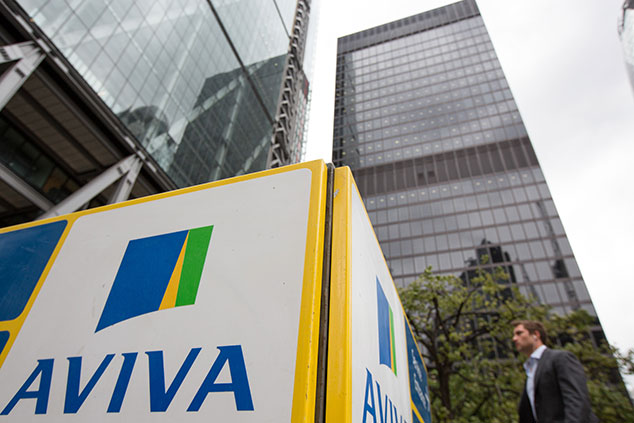
Earlier this month Aviva announced that it intended to cancel £450m of its preference shares using a legal loophole discovered by their very clever lawyers (see here for our take on it when it was first announced). Outrage instantly followed. And quite right too.
The preference shares (preference shares are non-voting shares, but take precedence over ordinary shares when it comes to dividend payouts) were paying a fixed yield of 8%-9% and so were trading well above their face value of £1 to reflect the fact that you can’t get that kind of low risk return anywhere else.
They were also considered by their holders to be irredeemable – and nothing in the documentation around them suggested otherwise. So while it might make sense for Aviva to want to cancel them (why pay 9% in an era in which you can borrow money for 2%?), none of their City or retail investors had imagined for a second that it was possible.
On Friday, Aviva gave in. It had canvassed a wide range of opinion, it said, and decided not to utilise the obscure legal loophole after all (for those of you who are interested, this hinges on the idea that redeeming a share and canceling a share are different things). Instead, things were to remain just as they were: “preference shareholders can rest secure in their holdings,” said Aviva. All’s well that ends well. Or so you might think.
The problem, of course, is that things do not remain exactly as they were. Before the initial announcement, the shares were trading at 170p. At the low – when it looked like the redemption might go ahead – they went to 120p, with each sale that moved the price down effectively representing some panicked pensioners seeing their carefully saved nest eggs collapsing in value. Now, crisis over, they are back near 160p.
So what of the people who sold in the middle of the crisis? What comeback do they have against Aviva – which is surely responsible for the troubles it has caused?
Maybe some. Bill Blain of Mint Partners reckons that Aviva CEO Mark Wilson should listen to suggestions that “he and his board personally recompense any and every investor that lost money for their stupidity and abuse of markets”. If they don’t fancy that much, says Blain, “I’ve been advised by one of lawyer chums there is a very strong case for investors to haul Aviva in front of the courts.”
Aviva says it has reversed its thinking in order to “restore” the trust it thinks investors have in it. It might be a bit late for that.